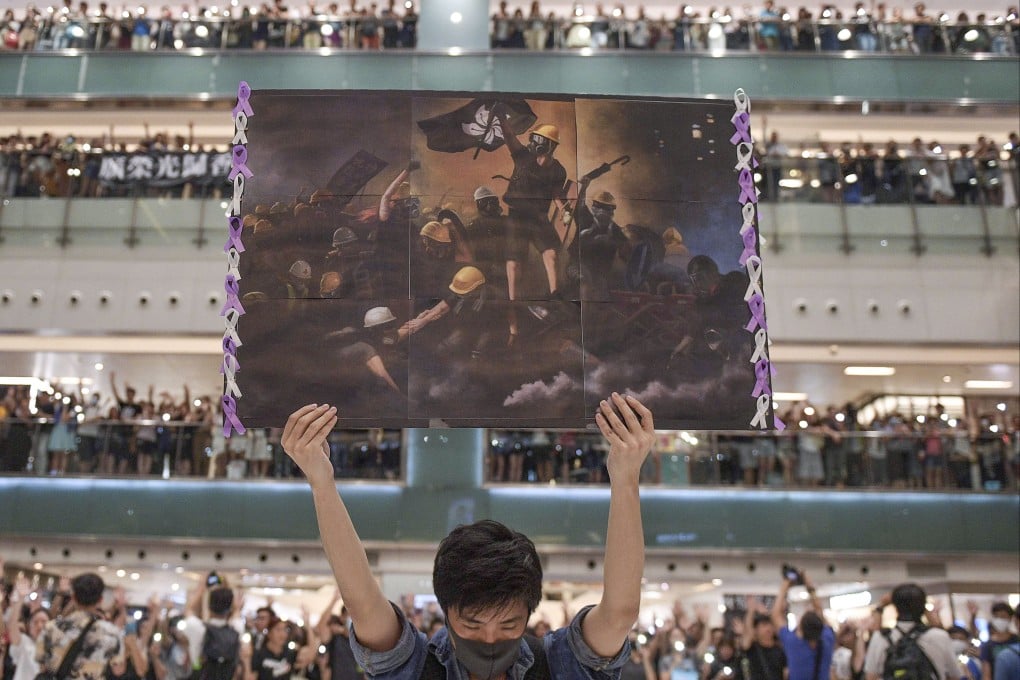Explainer | Court bans ‘Glory to Hong Kong’. What is the song and why is it so controversial?
- Protest song widely considered unofficial anthem of anti-government protests is secessionist ‘weapon’, Court of Appeal rules
- Song has been mistakenly played at international sports events instead of China’s national anthem, ‘March of the Volunteers’

Here the Post explains the origins of the song, why it drew the government’s ire and its journey through the court system.
1. When was “Glory to Hong Kong” created and why did it touch the nerve of authorities?
Composed by protesters on the online forum LIHKG, the song was released on YouTube at the height of the 2019 social unrest. It became widely recognised as the unofficial anthem of the protests.
The lyrics of the song call for Hongkongers to fight for freedom and include the slogan “liberate Hong Kong, revolution of our times”. The slogan was later deemed by authorities to carry a secessionist meaning in the city’s first national security trial in 2021.
Secession is an offence under the Beijing-imposed national security law, and carries a maximum penalty of life imprisonment.
2. What triggered the legal battle?
“Glory to Hong Kong” once topped search results for the query “Hong Kong national anthem” on Google.
